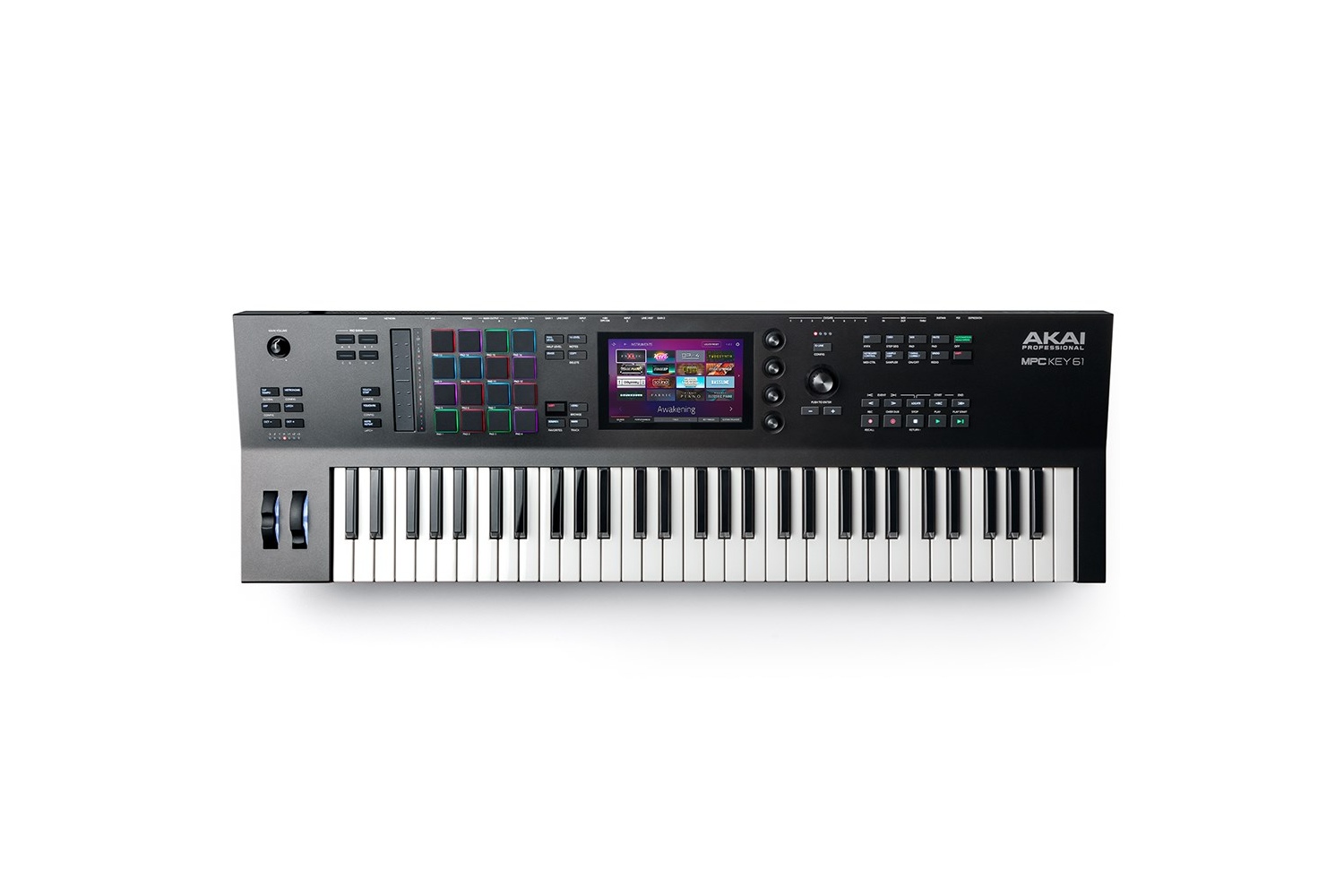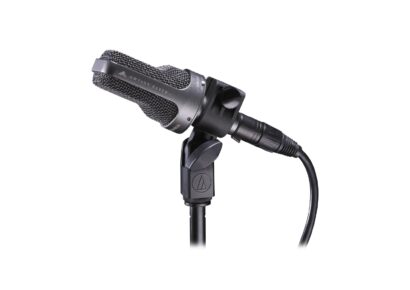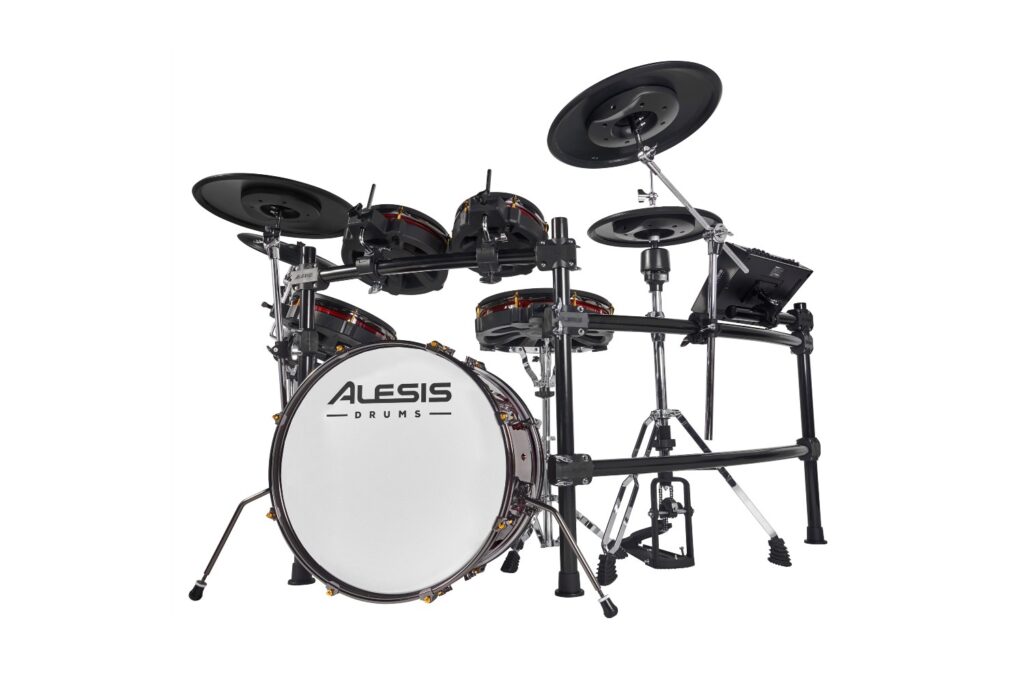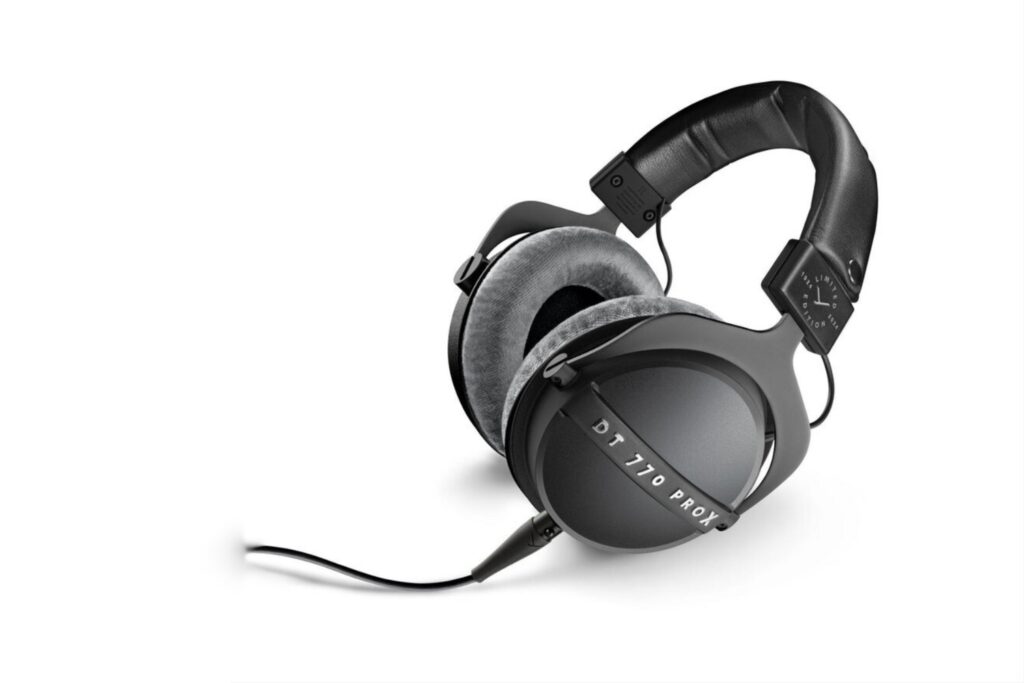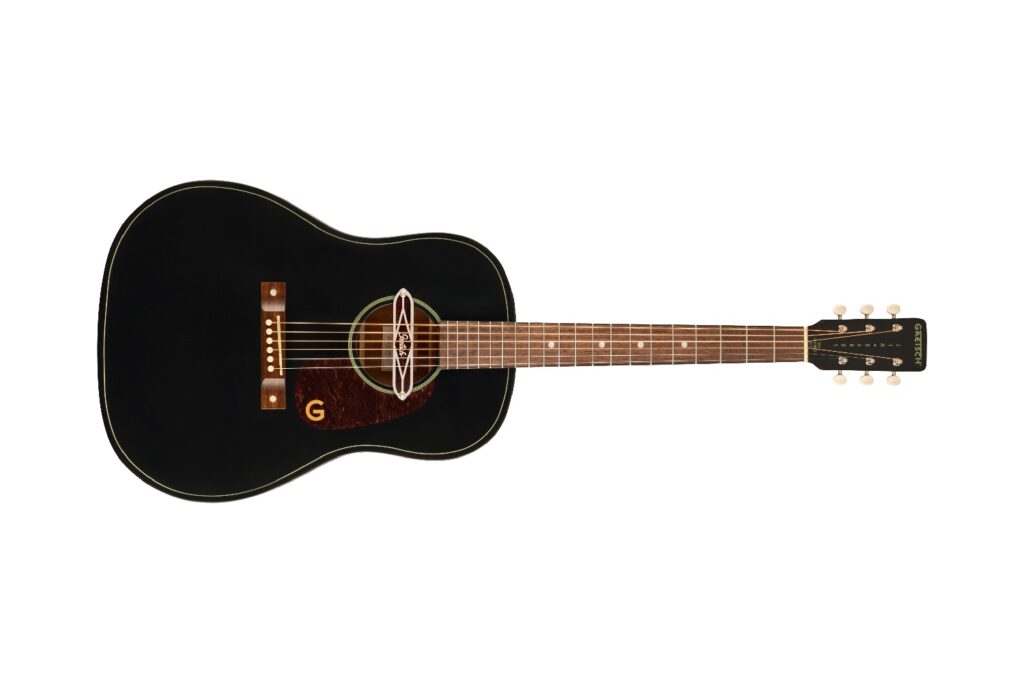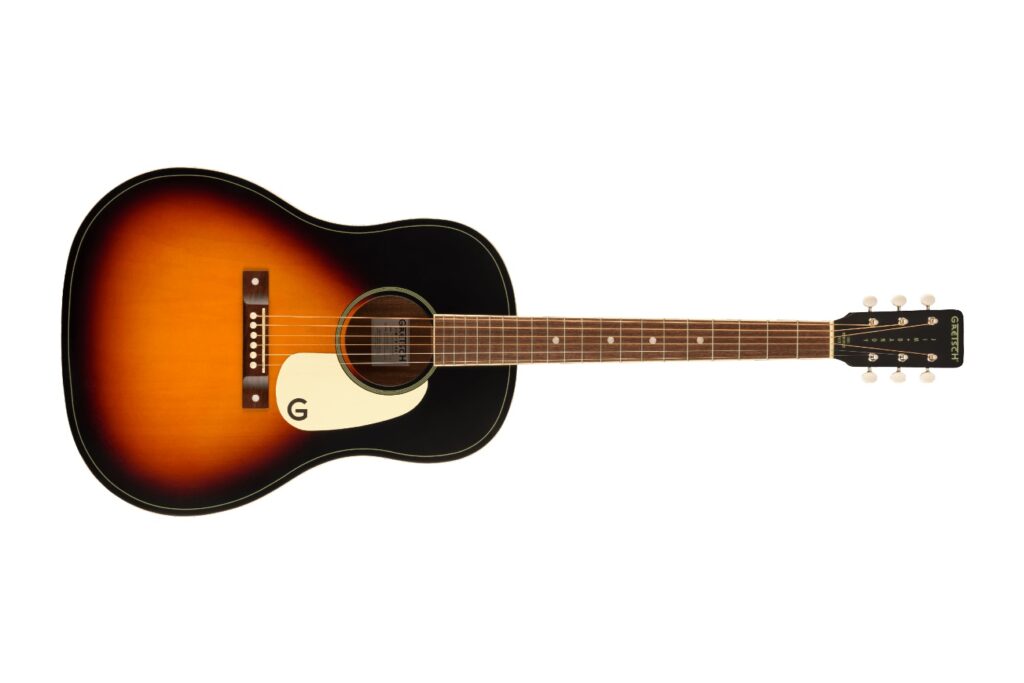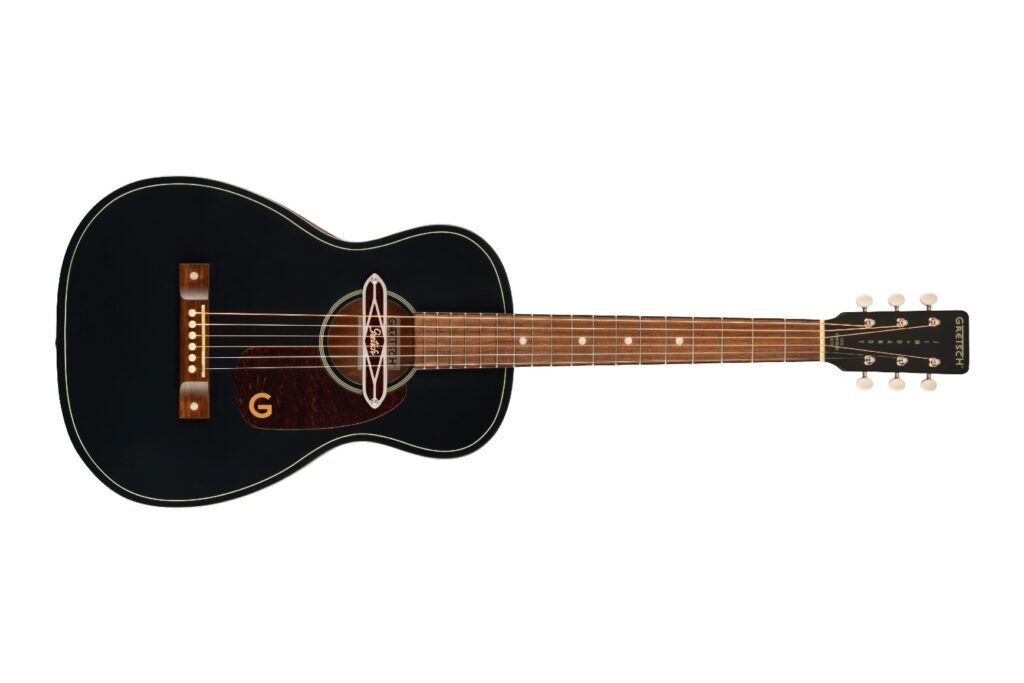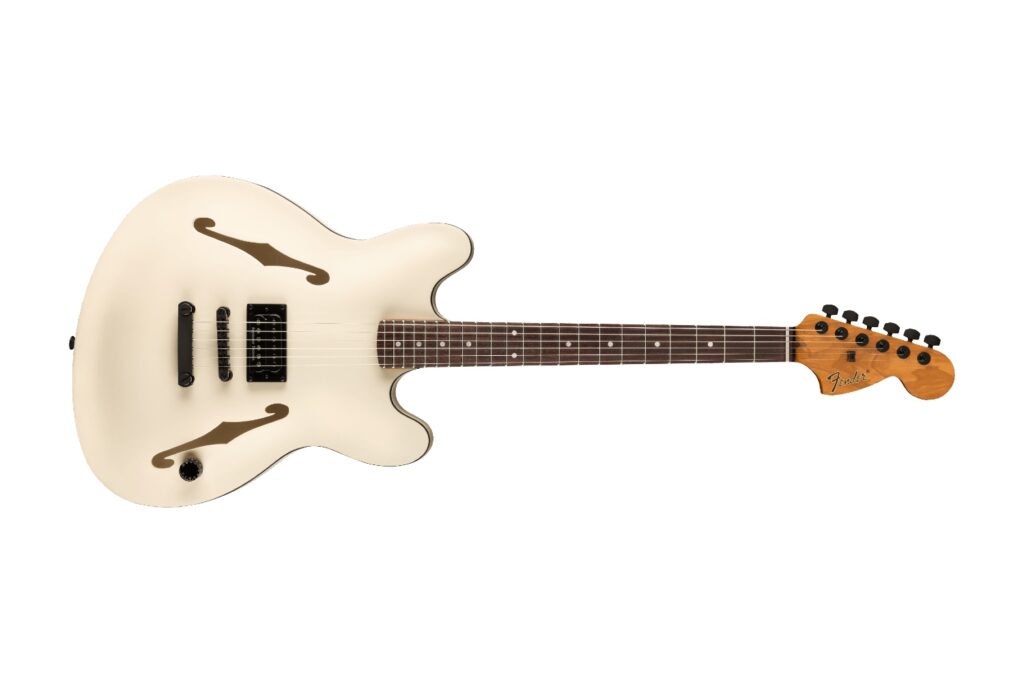Akai Professional MPC Key 61 | Electric Factory | RRP: $3199
With a focus on performance and ease of use, the AKAI Professional MPC Key 61 comes armed to the teeth with features from other models of the MPC line, all streamlined into one behemoth of a creative tool. From the drum pads to the sequencer, to the massive LCD touchscreen main display to the 61 semi weighted keys, there is very little to be left wanting for when creating music on the MPC Key 61.
Read more gear reviews here.
The Key 61 is bedecked with features, including a built-in MPC style drum pad, emulating the classic MPC workflow, complete with RGB backlighting and velocity sensitivity. The pads have four banks for ease of use, and are arranged in the classic four by four layout. The RGB lighting does an impressive job with helping identify which pad corresponds to which sound, as it identifies octaves of the notes you press, significantly reducing the amount of maths you need to do on the fly.
The MPC key 61 has an integrated MPC style sequencer, allowing the user to record and edit sequences and patterns as they go, it has real time recording, step sequencing and quantization capabilities, and includes a range of editing tools as well.
The MPC Key 61 has a full sized keyboard, with 61 semi-weighted keys, and the playing experience is quite natural. The MPC Key 61 has responsive dynamics and is comfortably expressive with the velocity sensitivity of the keys. A neat feature of the Key 61 is aftertouch, where you can increase the pressure on a key after you have touched it, essentially creating a swell.
The primary use of the AKAI Professional MPC Key 61 is as a MIDI keyboard controller, and as such it does not have any built-in sounds or instruments. However in lieu of this it comes bundled with the MPC software including a reasonable collection of virtual instruments and samples. Some staples of the MPC software found on the Key 61 include a range of drum machines, classic synthesizers and various other instruments covering a wide range of genres and musical styles.
The drum machines included in the MPC software on the Key 61 are some classics such as the MPC61, the MPC3000 and the SP1200 as well as AIR Drum Machine and other modern machines.
The Synthesizers included in the software include Bassline, TubeSyth, Electric and Piano. All four of these come with a vast array of pre-sets that are very impressive sounding out of the box.
The Sample Library of the MPC key 61 includes a large array of drum hits, one-shots, and loops, as well as the ability to make your own samples using the sample editor.
The MPC Key 61 boasts a healthy collection of effects as well including EQ, Compression, Delay, Reverb, and an array of mastering tools.
Other key aspects of the MPC are the LCD screen, which can display key information such as track names, tempo and other settings related to the operation of the Key 61. The screen is also touch sensitive, allowing for seamless interaction with the virtual instruments and other aspects of the software. Another feature worth mentioning is the fact that the Key 61 includes a built in audio interface with 24bit/96kHz resolution, as well as two XLR/TRS inputs with individual gain knobs, +48V Phantom Power for condenser mics or active DIs as well as an additional headphone output. This means that in theory, all you need is the MPC Key 61 and a microphone, and you have all you need to get started creating music.
The MPC has the capability to act as a DAW on its own, with 8 tracks and various control surfaces such as the assignable touch strip controller and four assignable Q link knobs. The MPC Key 61 additionally can be used in Mackie Control and HUI modes, allowing it to be used as a control surface in standard protocols supported by many DAWs, allowing the user to control transport, mixer, and other functions directly from the keyboard.
As a MIDI controller, this keyboard offers a wide range of features and options that allow it to fit in seamlessly in the creative process and enhance the production of the user, through streamlining the workflow by combining all the necessary hardware and software in one physical object. Through seamless integration with MPC software, as well as DAWs the MPC key 61 allows for an intuitive and efficient workflow, and with the build quality of the knobs and keys being excellent, the MPC Key 61 should be here to stay.
Overall, the AKAI Professional MPC Key 61 provides a complete music production solution that has been tailored in a way so that it is both powerful and very easy to use, once you pass that initial learning curve of course, and it is an excellent choice for those without vast arrays of hardware and want to get the maximum usability out of one piece of gear.
For more information, head to AKAI Professional. For local enquiries, visit Electric Factory.
